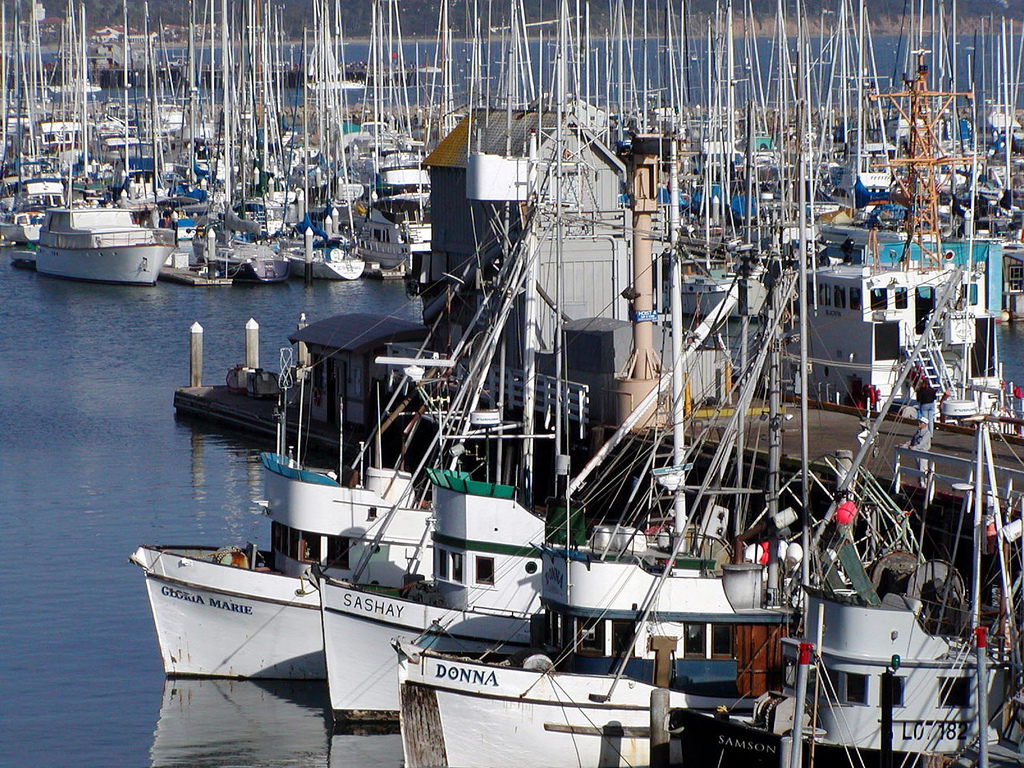
The Council considers new management measures for West Coast highly migratory species (HMS) fisheries, or revisions to current measures, on a two-year (biennial) cycle. Council meetings in 2006 initiated the first biennial management cycle under the HMS fishery management plan (FMP).
Amendment 4 to the HMS FMP modified the biennial management process to create a regular process for the Council to consider stock status determinations made by National Marine Fisheries Service (NMFS). For HMS FMP stocks, which are internationally managed, if NMFS determines that a stock “is overfished or approaching a condition of being overfished due to excessive international fishing pressure” the Council must:
- Develop recommendations for domestic regulations to address the relative impact of fishing vessels of the United States on the stock and, if developed by a Council, the Council shall submit such recommendations to the Secretary; and
- Develop and submit recommendations to the Secretary of State, and to the Congress, for international actions that will end overfishing in the fishery and rebuild the affected stocks, taking into account the relative impact of vessels of other nations and vessels of the United States on the relevant stock.
(This obligation is described in section 304(i) of the Magnuson-Stevens Act.)
Now, in addition to considering domestic management measures, the Council may use the biennial process to respond to such notifications. The Council develops management measures and recommendations responding to stock status determinations over three successive meetings beginning in September of even-numbered years. NMFS implements Council recommended management measures through the Federal regulatory process. When notified that a stock is subject to overfishing or overfished the Council has one year to respond with its recommendations. If the Council decides that domestic regulations are necessary to address the problem, these would be developed during the biennial process.